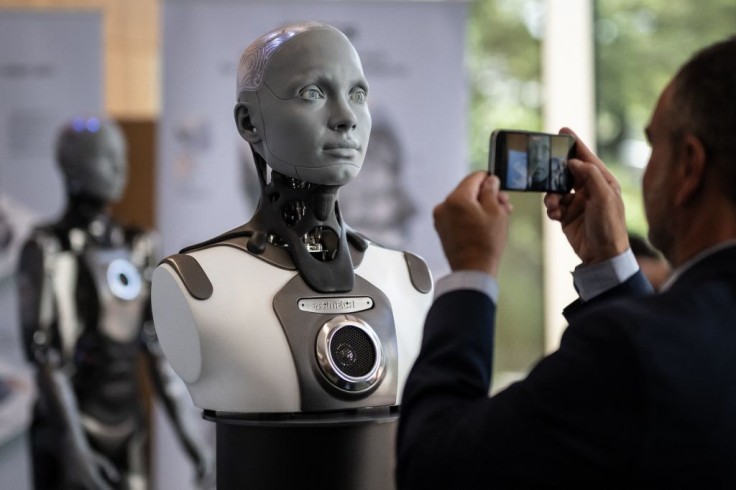AI, with its current state of development, could possibly be 10,000 times smarter than humans within 10 years, according to SoftBank CEO Masayoshi Son via CNBC News.
In a rare public appearance on Friday, Son unveiled the company's vision towards the so-called "artificial superintelligence" across various roles and tasks in society, more than the touted uses for the planned artificial general intelligence.

Son anticipates that the first steps towards the ASI could possibly arrive within the next three to five years as the tech industry continues to ramp up development and distribution.
SoftBank, which Son established in 1981, is one of Japan's leading investment firms as it backs growing tech businesses around the world.
One of which is ARM Holdings, one of the companies that greatly benefitted from the AI boom as more AI firms like Microsoft and OpenAI try to secure their advanced microchips.
What is Artificial Super Intelligence?
A superintelligence machine or ASI is a hypothetical technology that possesses far greater intelligence than the greatest mind of today, able to form more complex thoughts and cognitive abilities than its creators.
This includes capabilities to learn, create, and invent new things by itself rather than be entirely dependent on the information its creators gave it as with the current AI generations.
The technology is often touted as the next step after humanity finally develops artificial general intelligence, another hypothetical invention, to solve real-world problems.
As of writing, no solid proof has yet been established that an ASI or even an AGI could be developed anytime soon.
AI Remains an Expensive Business Venture
While tech leaders like Son often touted the immense capabilities of advanced AIs in the far-off future, not many provided roadmaps as to how such technological advancement could be achieved in such a short time.
Several studies have already indicated that AI remains an ineffective tool for many purposes its creators claimed it would revolutionize due to current resource constraints.
At its current state, companies would need immense finances and energy supplies just for their AI products to operate as well as regular human workers across various tasks.
Even Son himself admitted that achieving the promised ASI would require investors to pour money towards SoftBank and its subsidiaries to make these visions close to reality.









